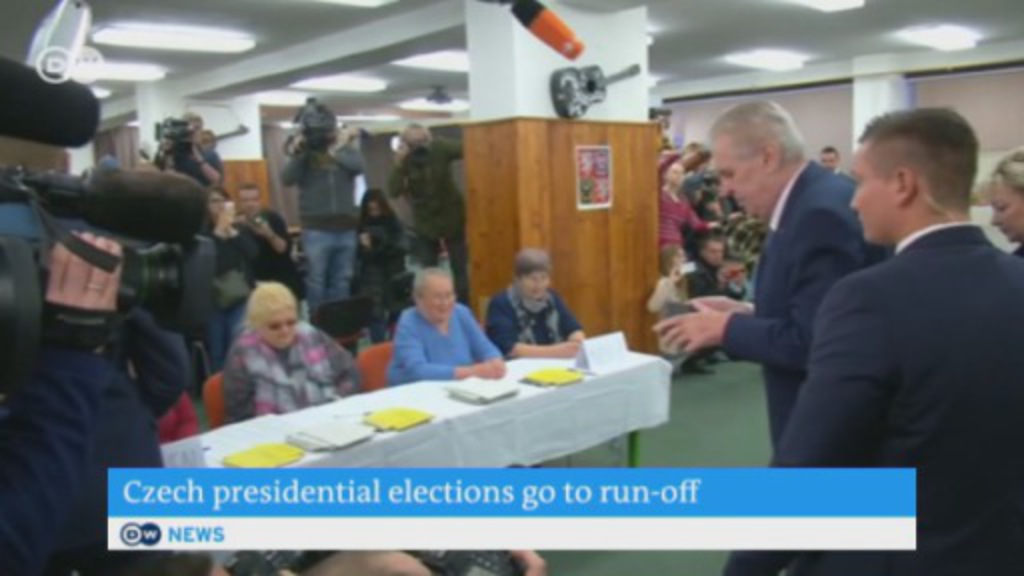News
Russian soccer club Spartak Moscow under fire for 'racist' tweet
Russian soccer champion Spartak Moscow has been accused of racism after a tweet which appeared to refer to its black players as "chocolates." Authorities have said they will crack down on racism ahead of the World Cup.
A tweet from FC Spartak Moscow, translated as "See how the chocolates melt in the sun" and posted as a caption to a video of Brazilian players Fernando, Luiz Adriano and Pedro Rocha, has been criticized for promoting racism ahead of the 2018 FIFA World Cup in Russia.
The tweet, which showed the players training in sunny conditions at a team camp in Dubai, was deleted five hours after it was posted on Saturday morning, after being retweeted 1,400 times.
The phrase referring to the players as "chocolates" is repeated in the video, apparently spoken by Georgy Dzhikiya, one of Spartak's players who was in control of the club's Twitter feed for the day. Dzhikiya, a defender, also plays for the Russian national team.
Read more: Russians slowly falling in love with football as World Cup draw nears
After the post was deleted, another video with Dzhikiya and the three Brazilians in a group hug was posted to Twitter. In the video, Dzhikiya said: "We're all one big family," as Adriano added: "This is my friend, my brother ... a legend of Spartak. I love you, my friend."
'Highlights prejudices'
Anti-discrimination groups criticized Spartak and voiced their concern, with Russia due to host the 2018 World Cup later this year.
"This shows a shocking level of ignorance. For Russia's biggest club to tolerate and then celebrate racist references of this kind is wrong," said Piara Powar, executive director of anti-discrimination group FARE Network, which investigates racism issues for European governing body UEFA.
"This social media post from the official account of Spartak Moscow only continues to highlight the prejudices towards black people in Russia," said UK anti-racism group Kick it Out. "With the World Cup only a few months away, it is a reminder that Russia, as with the whole of football, has significant work to do to eradicate racism of all forms from the game."
"Spartak apologizes for this unfortunate phrase," a spokesman for the club later told news agency TASS.
"The player did not mean to offend anyone, he simply made an unfortunate joke."
Not the first time
Racist behavior at the club has been cited before. Leonid Mironov, the club's 19-year-old captain, was charged over alleged racist abuse of Liverpool's Rhian Brewster during a UEFA Youth League game in December. Mironov has denied making any racist comments.
UEFA also ruled that Spartak fans abused Liverpool striker Bobby Adekanye with monkey chants during another Youth League game.
Russian authorities have said they would crack down on hooliganism and racism for the World Cup, which starts with a match against Saudi Arabia in Moscow on June 14.
jm/cmk (Reuters, AFP)
DW recommends
Audios and videos on the topic
- Date 14.01.2018
- Related Subjects Europa League (UEFA Europa League), Bundesliga Latest
- Keywords Spartak Moscow, racism, World Cup, football, soccer
- Share Send Facebook Twitter Google+ More
- Feedback: Send us your feedback.
- Print Print this page
- Permalink http://p.dw.com/p/2qoT2
- Date 14.01.2018
- Related Subjects Europa League (UEFA Europa League), Bundesliga Latest
- Keywords Spartak Moscow, racism, World Cup, football, soccer
- Share Send Facebook Twitter Google+ More
- Send us your feedback.
- Print Print this page
- Permalink http://p.dw.com/p/2qoT2



















